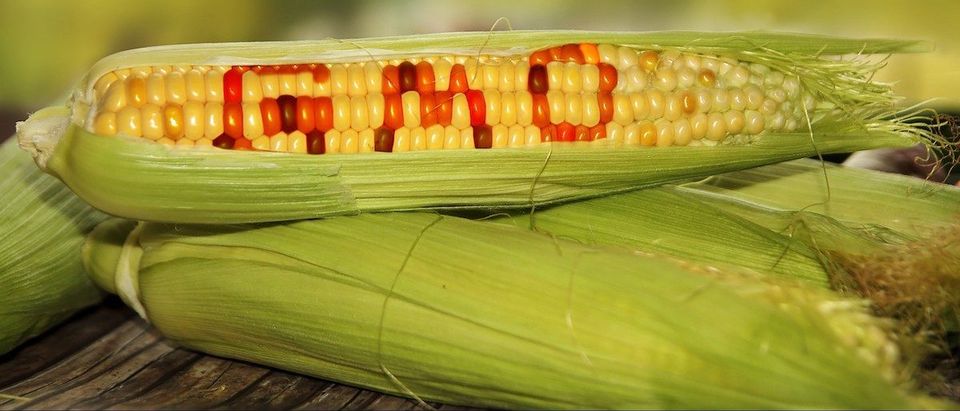Genetically engineered crops are safe and could make the food supply less vulnerable to the effects of climate change.
That’s according to a mammoth 400-page report from the National Academy of Sciences (NAS) released Tuesday. The report argued regulators should look to evaluate the safety specific crops rather than the process of genetically improving crops, which has been found to be safe.
“The technology is changing so rapidly, we needed to see where it is taking us in the future,” said Fred Gould, chairman of the NAS Committee on Genetically Engineered Crops, which conducted the report.
Over the last 10 years, more than 1,700 studies have been conducted examining GMO foods — all of which found they were safe to eat. A host of the world’s leading organizations including the American Medical Association and the American Association for the Advancement of Science have said there is no sound evidence against GMOs.
Supporters of genetically engineered (GE) crops argue the technology can produce safe food in large quantities and help relieve world hunger. According to the report, these crops could soon be made in such a way that they are resistant to drought and extremes of heat and cold.
“Climate change will affect both the yields and the quality of produce in a number of ways. Increased temperatures will speed crop development and thus limit potential yields. In colder climates, increased temperatures may extend the growing season, particularly of crops with indeterminate growth such as cotton,” the committee members wrote.
The committee investigated 1,000 scientific articles on GE crops and solicited input from the industry, scientists and environmental groups.
The NAS concluded these crops did not have a harmful impact on the environment. “The use of insect-resistant or herbicide-resistant crops did not reduce the overall diversity of plant and insect life on farms, and sometimes insect-resistant crops resulted in increased insect diversity,” the report says.
“Overall, the committee found no conclusive evidence of cause-and-effect relationships between GE crops and environmental problems. However, the complex nature of assessing long-term environmental changes often made it difficult to reach definitive conclusions.”
Send tips to guy@dailycallernewsfoundation.org
All content created by the Daily Caller News Foundation, an independent and nonpartisan newswire service, is available without charge to any legitimate news publisher that can provide a large audience. All republished articles must include our logo, our reporter’s byline and their DCNF affiliation. For any questions about our guidelines or partnering with us, please contact licensing@dailycallernewsfoundation.org.


